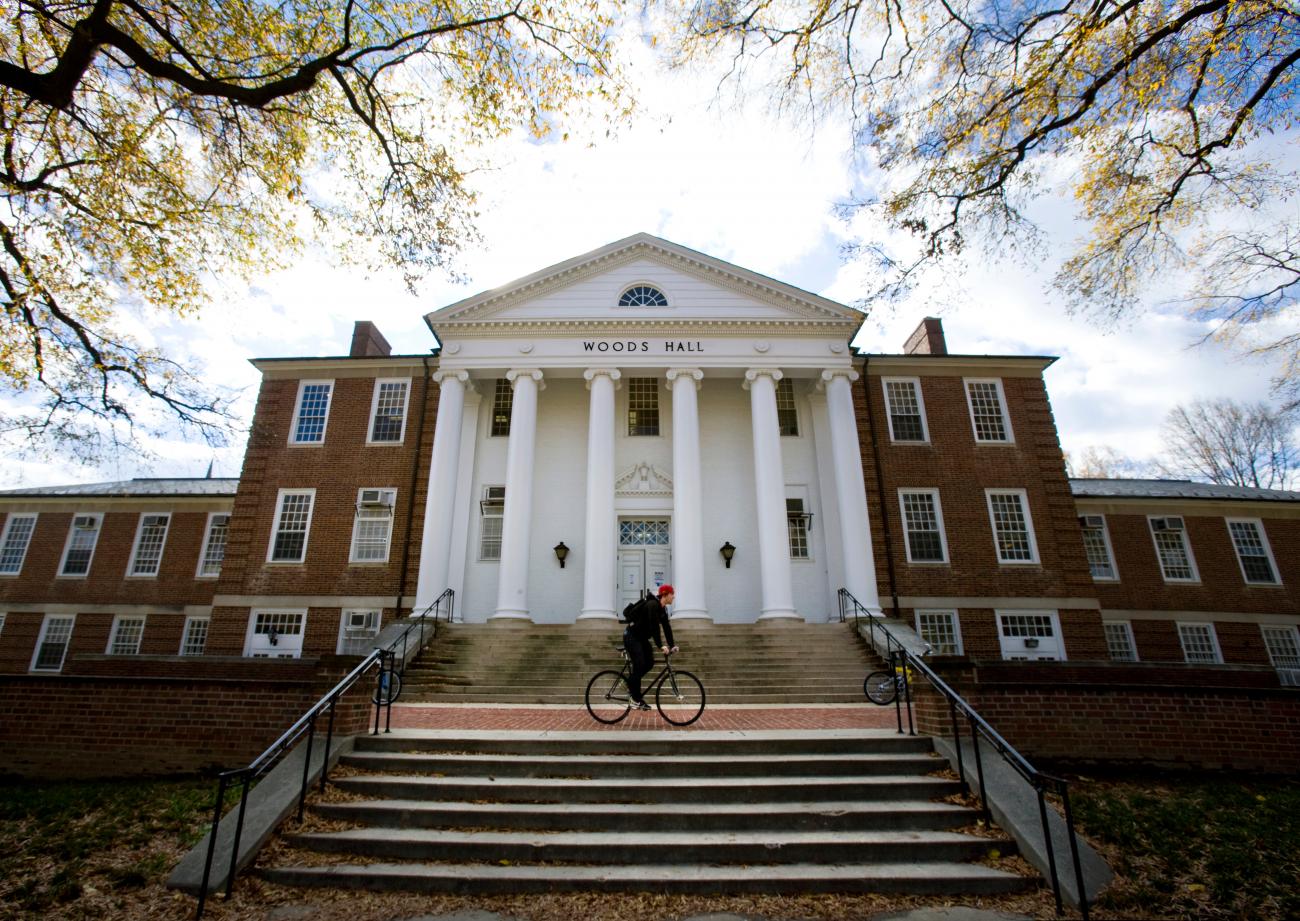Overview | Courses | Plans of Study | Schedule & Deadlines
Program Faculty | Students & Alumni | FAQ | Testimonials | Apply Now | Contact
Degree Overview
The graduate program in Cultural and Heritage Resource Management provides working professionals with rigorous interdisciplinary training to equip them with the necessary skills for advancing within the field of cultural resource management in the public and private sectors.
The 10-course, 36-credit master degree program emphasizes research methods, ethics, communication, management, technical writing, and critical thinking skills, in addition to an internship and a thesis.
The 4-course, 12-credit Graduate Certificate emphasizes professional development, ethics, writing, communication, critical thinking, and career options.
The internship is designed to contribute to the students’ understanding of the overall process of cultural resource management (CRM). Students who are already working in CRM or a closely related field may use their employment as their practicum if the opportunity is available for them to learn beyond their current job duties.
Program Objectives
Upon completion of the program, students will be able to:
- Demonstrate knowledge of major concepts, legislation, theoretical perspectives, and research trends in CRM.
- Use the concepts, language, and major theories of CRM to discuss and evaluate approaches related to building a research design, field research, and collections management.
- Understand methodologies used for the overarching process of CRM from building research designs to synthesizing data in a final report.
- Demonstrate an understanding of the technologies and the appropriate use of those technologies used during different types of CRM projects.
- Critically examine published research to determine the strengths and weaknesses of CRM research and appreciate the limitations of published findings.
- Understand the legal and ethical issues in CRM, the variations within individual projects, and the legal and ethical standards under which projects take place.
- Demonstrate the ability to critically analyze and integrate information from multiple sources and perspectives.
- Demonstrate the ability to evaluate project findings against the initial research model in a written technical report.
Cost
Tuition: Tuition is set to be the same as in-state “resident” graduate tuition at the University of Maryland, which increases slightly year to year with inflation. Therefore tuition is the same for both in-state and out-of-state students. Current resident tuition rates may be consulted here for UMD graduate tuition and fees. Students in the CHRM graduate program typically enroll in 6 credits per each quarter.
Application fee: Applicants pay a one-time and non-refundable graduate application fee. Some applicants may qualify for an application fee waiver: https://gradschool.umd.edu/feewaiverinformation.
Equipment: Students also need access to a computer and internet to utilize the distance learning platform on CANVAS (www.elms.umd.edu).
Financial Aid
No fellowships or graduate assistantships are available for the CHRM graduate program.
Domestic students in our program are eligible for the US Department of Education's Federal Unsubsidized Direct Loans and Federal Grad PLUS Loans. Some of our students also have their tuition paid, at least in part, by an employer or other third party. The University's Financial Services Center provides Third Party Billing when the third party requires a bill from the university. More information about financial aid is available from the University of Maryland's Office of Student Financial Aid.


Photos courtesy of The Ottery Group
Home | Overview | Courses | Plans of Study | Schedule & Deadlines | Program Faculty | Students & Alumni | FAQ | Testimonials | Apply Now | Contact


